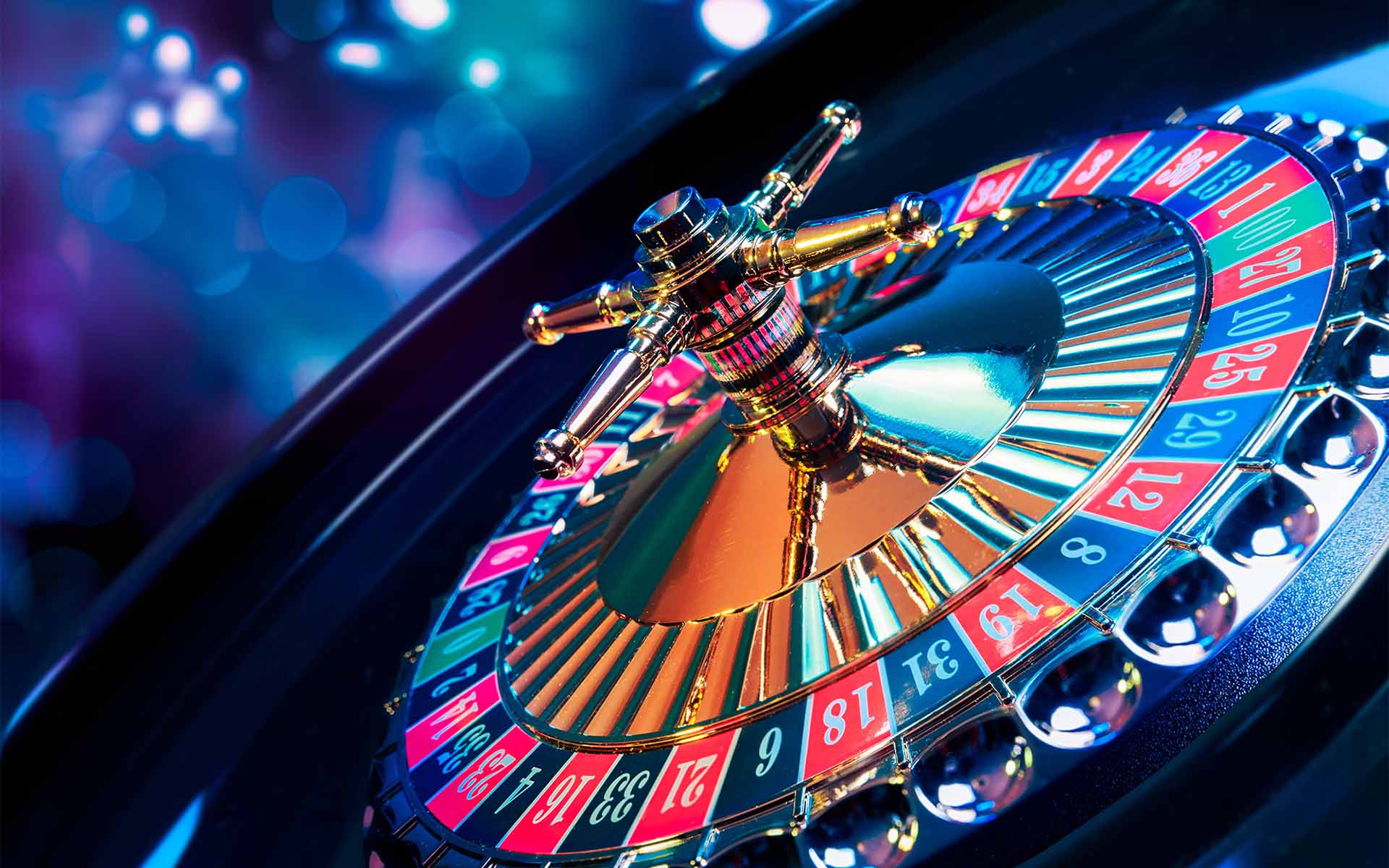Slot machines has woven itself into the fabric of entertainment across multiple societies, often mirroring diverse societal values, beliefs, and attitudes towards fortune and opportunity. The bright lights and exciting sounds of slot machines have a universal appeal, luring patrons with the promise of adventure and the potential for gain. However, the view and tolerance of this form of gambling can vary significantly depending on societal norms.
In certain societies, slot gambling is embraced as a exciting pastime, often perceived as an amusing activity in social settings or celebrations. In certain areas, it may be seen with caution or even criticism, where issues of dependency and moral concerns guide the narrative. Understanding these diverse outlooks enhances our understanding for how slot gambling is not just about the machines per se, but also about the rich framework of cultural factors that shape our interactions with fortune and risk.
Societal Perspectives on Gaming

Different cultures around the globe hold diverse perspectives on slot gambling, which influences how it is practiced and perceived. In certain societies, such as in various areas in the U.S., gambling is generally embraced and incorporated into entertainment. Casinos and slot machines are often seen as a source of entertainment that can provide excitement and potential monetary rewards. This endorsement has resulted in the proliferation of land-based casinos and the growing popularity of online slot gaming, where individuals seek the thrill of chance.
Conversely, in some societies, gambling is viewed with disfavor or outright disapproval. In countries where religious beliefs play a significant role, like in regions within the Middle East, slot gambling may be prohibited or subject to strict limitations. Here, gambling is often associated with social issues such as addiction or financial ruin, leading to a negative stigma. The laws typically mirror these cultural attitudes, with strict laws against gambling practices, including slot machines.
In different areas, such as various East Asian societies, slot gambling occupies a nuanced space. While traditionally viewed as a vice, there is a growing acceptance due to the influence of tourism and economic factors. In places like Macau, slot machines have become a significant attraction, representing a combination of cultural acceptance and economic necessity. This change shows how cultural perspectives can change over time, shaped by external factors such as globalization and changing societal norms.
Rules and Lawful Structures
The regulation of slot gambling differs substantially across different societies and regions, showing each society’s attitudes towards gaming. In numerous Western countries, such as the United States and the United Kingdom, slot machines are strongly regulated. These regulations often include strict licensing requirements for operators, age restrictions for players, and measures to ensure fair play and responsible gambling. Additionally, revenue generated from gambling is typically taxed, contributing to public services and development.
In comparison, some countries maintain a more restrictive stance to gambling, reflecting cultural or religious views that discourage such activities. For example, in numerous Islamic nations, gambling is banned, leading to an underground economy for slot machines and alternative forms of gaming. In these regions, law authorities often focuses on illegal gambling activities, while initiatives to manage and reform gambling laws face significant societal pushback.
Emerging markets, particularly in parts of Asia and Latin America, are experiencing a shift towards more liberalized gambling structures. Nations like Japan and Brazil have started to explore controlled slot gambling to stimulate tourism and economic growth. These cultural shifts are often accompanied by discussions on how to reconcile the potential benefits of gambling revenue with the threats of addiction and social impact, leading to evolving legal frameworks that reflect the changing attitudes toward slot gambling.
Social Impact and Community Views
The perception of video games varies widely across different cultures, often shaped by societal values and economic circumstances. In some groups, slot machines are seen as a form of entertainment and social engagement, where people come together to enjoy the excitement of the game together. For such groups, slot gambling is woven into social events, festivities, and excursions, creating an atmosphere of camaraderie among participants. It serves as a means for connection, and the joy of winning can strengthen communal ties.
On the other hand, in other cultures, slot gambling is seen with doubt or outright disapproval. The potential for addiction and financial strain associated with gambling can lead to negative social consequences. Families may struggle when a relative becomes overly invested in slot gambling, leading to financial hardship and tense relationships. Groups that prioritize traditional values may oppose participation in gambling activities, branding them as morally problematic and detrimental to societal well-being.
Additionally, the financial implications of slot gambling can vary greatly depending on the cultural context. In areas where it is welcomed, slot gambling can contribute notably to local economies through employment opportunities and visitor attraction. However, in regions that oppose the prevalence of gambling, there may be efforts advocating for tighter controls or outright bans, highlighting the need for the well-being of the community over potential economic benefits. These conflicting views highlight the complex relationship between culture, morality, and the social ramifications of slot gambling. slot bet kecil